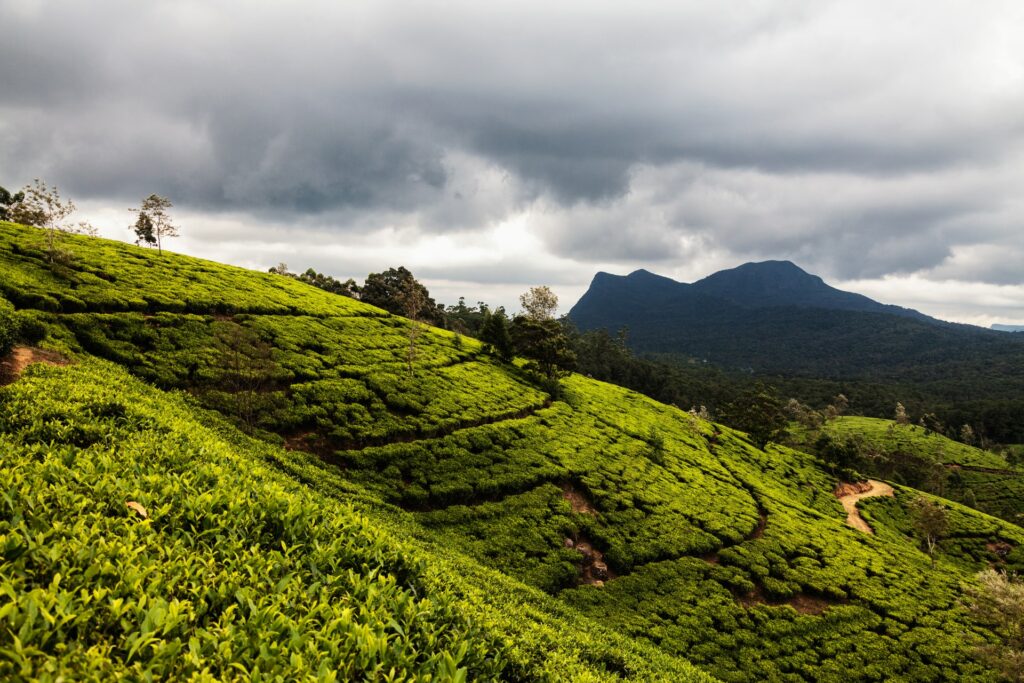


29 July, 2022
When you spend lots of your time and energy calling for reforms and policy changes to promote more sustainable activity, sudden changes can be a big relief. But not always.
In Sri Lanka, NGOs and parts of civil society have been calling for the widespread adoption of organic farming practices for a while. So when President Gotabaya Rajapaksa banned chemical fertilisers in spring 2021, it looked like a positive step forward. But when you look beyond the headline – was there a plan for organic fertilisers? Was there good knowledge about organic principles? Or is it that the plan didn’t seem like the organic revolution it may have promised.
Approaching the issue with a simple ban resulted in a drop in rice production of 20% and in tea by 18%, meaning that the country, already steeped in economic troubles, had to spend hundreds of millions on imports and subsidies for its major crops. And this has contributed, in large part, to the political turmoil that the country is currently experiencing.
The policymaking context is different in Sri Lanka to most other places at the moment. But this doesn’t detract from that fact that transformational change requires transformation and deep long-term thinking and action, not just simple switches. This doesn’t mean that organic farming can’t work, but rather emphasises that the physical, economic and social systems we are trying to make more sustainable are complex.
And of course this holds for many other challenges – creating real change in areas from renewable energy to gender equality requires systems change – through a process that manages conflicting priorities. As the saying goes, for every complex problem there is an answer that is clear, simple, and wrong.
By Patrick Bapty